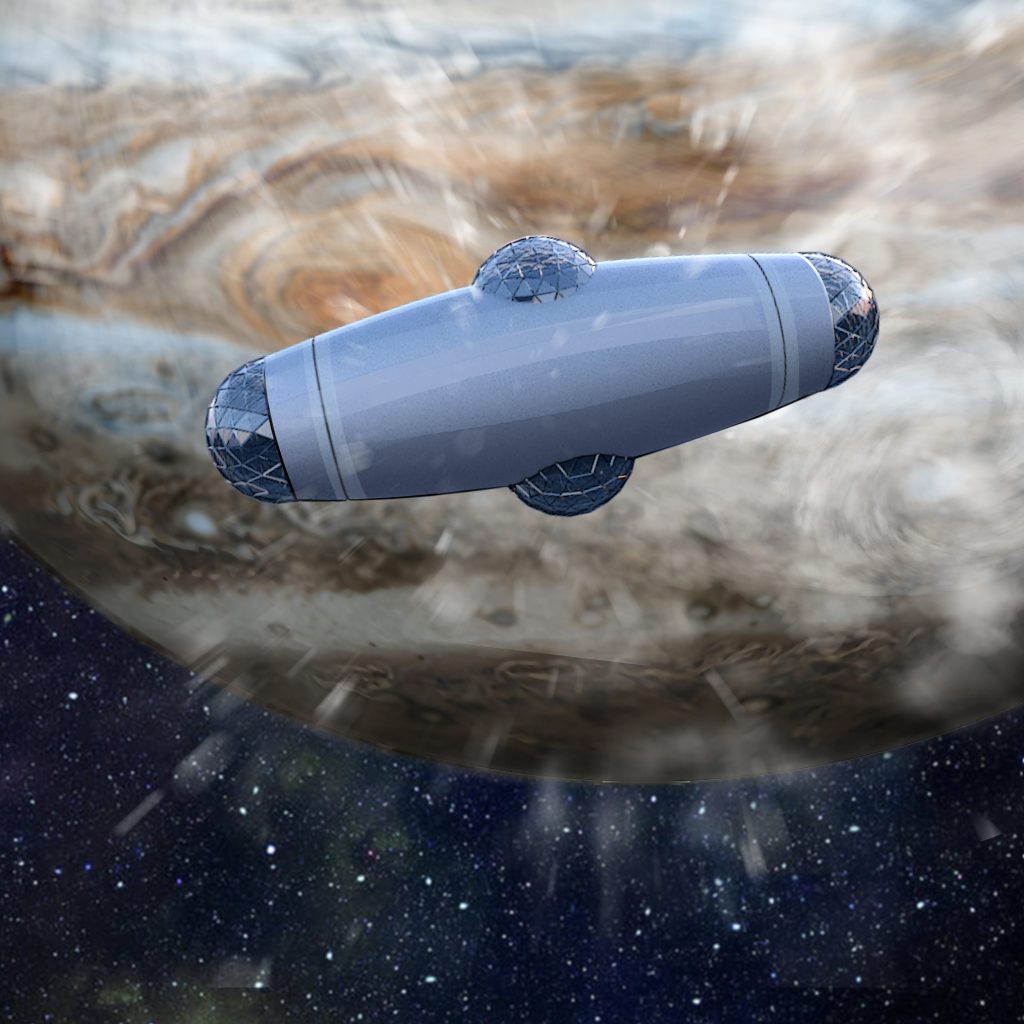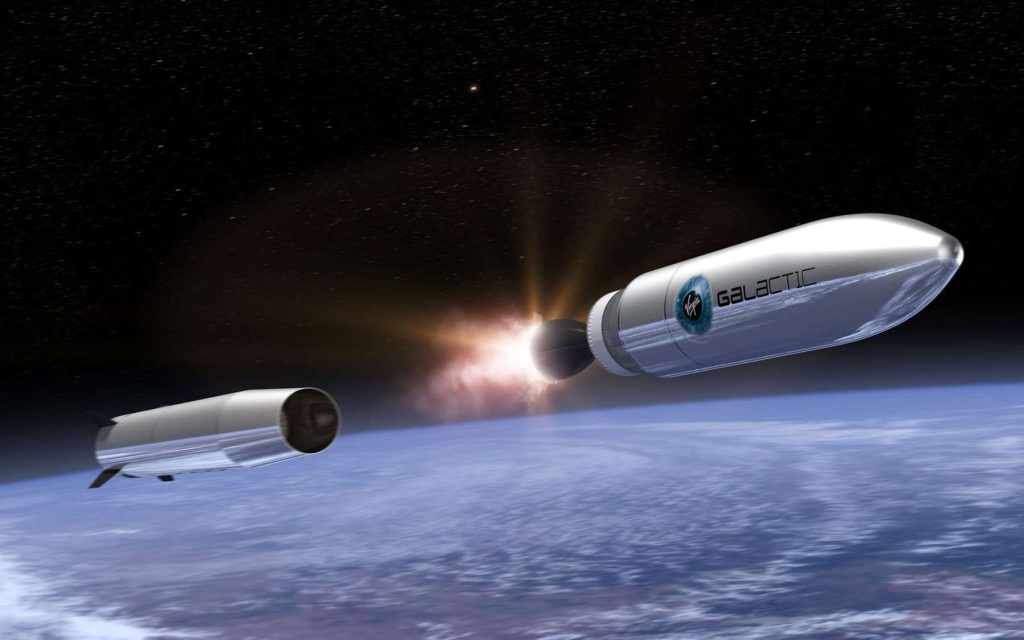A HACKER who broke into Nasa’s computers to find proof of UFOs claims he discovered a picture of a mysterious alien craft shaped like a cigar amongst thousands of other photos.
Brit cyber sleuth Gary McKinnon was accused of perpetrating the “biggest military computer hack of all time” when he broke into 97 US government computers.

US prosecutors wanted him jailed for up to 60 years, but his extradition from the UK was blocked after a ten-year legal battle and he remains a free man. Now 56, Gary said he did no harm and was merely looking for evidence that US government was actively covering up UFOs. And he told The Sun Online what he found left him “gobsmacked” as he stumbled across thousands of photos during his cyber sting.
“It’s a fact that there are objects we don’t understand flying around in our skies, it’s also a fact that there are scientific, intelligence and military departments that study these objects,” Gary said.
Gary – known as “Solo” online – claims to have found one particularly striking photograph: an image of a cigar-shaped non-manmade craft captured in a satellite photo. It appeared to be a very close-up image of the object in space, with strangely-shaped domes on all sides. The image was the only one Gary managed to see himself before he lost the connection. But in the files, he says there were thousands more photos.
Gary was attempting to prove an account by former Nasa employee Donna Hare who claimed satellite images were often scrubbed of UFO evidence at the Johnson Space Center. He claims he found four folders which were called “filtered”, “unfiltered”, “processed” and “raw” in the systems at the facility’s Building 8. Thanks to his painfully slow 56k dial-up connection, he says he only managed to get the one image out of the folder before his remote connection cut and he lost the chance to print screen.
“I was absolutely gobsmacked and those folders had thousands more images,” Gary told The Sun Online.
Now as the discussion around UFOs ramps up following a public hearing on the phenomena in Washington, Gary’s hack and what he claims to have found are once again in the spotlight.
Gary, however, does not think the new wave of interest will lead to much further disclosure and he has doubts about the motivations behind it.
“[The hearing is] not significant at all for disclosure, these hearings, discussion panels and the like are never fruitful for disclosure, He said.

“We mustn’t forget the military mindset – the unknown is either a potential threat or a potential tool to be used.
“Disclosure comes from witnesses, not the military or the government, all they give us is lies.”
He believes the US are covering up information on UFOs – either because the craft are so advanced they are beyond human comprehension or they have managed to extract secret tech from mysterious objects which they want to keep hidden. The Sun Online has been to Nasa for comment. Gary believes he proved Hare’s story and considers his hack as mission accomplished. But what followed was ten years of hell as the US attempted to get him to face the music. Legal nightmareGary was arrested in 2002 and again in 2005 at the request of the US. He was interviewed by cops and accused of committing $700,000 worth of damage and interfering with US Air Force files on September 11, 2001. US officials accused him of breaking into dozens of US Army, Navy, Air Force, and Department of Defense computers, as well as 16 Nasa computers – and even taking down a network of 2,000 machines. He faced decades in prison if convicted and believes authorities would even have tried to execute him for his actions.

“I would have had a very hard time and they promised to punish me ‘to the max’ if I didn’t consent to extradition,” he said.
“One of them even said they wanted to ‘see him fry’ in a reference to the electric chair.”
The UK government agreed to extradite him in 2006, leading to years of appeals and a high-profile campaign. He won his battle for freedom in October 2012 when Home Secretary Theresa May blocked his extradition, citing his Asperger’s syndrome. Then two months later Director of Public Prosecutors Kier Starmer confirmed he would not be prosecuted in the UK. Gary insists his motives were harmless – and claims he was only able to break into the machines as they relied on unsecured versions of Windows. He does not believe he is still on the radar of the American and British authorities, saying they have “more important things to worry about than a one-time hacker”.





